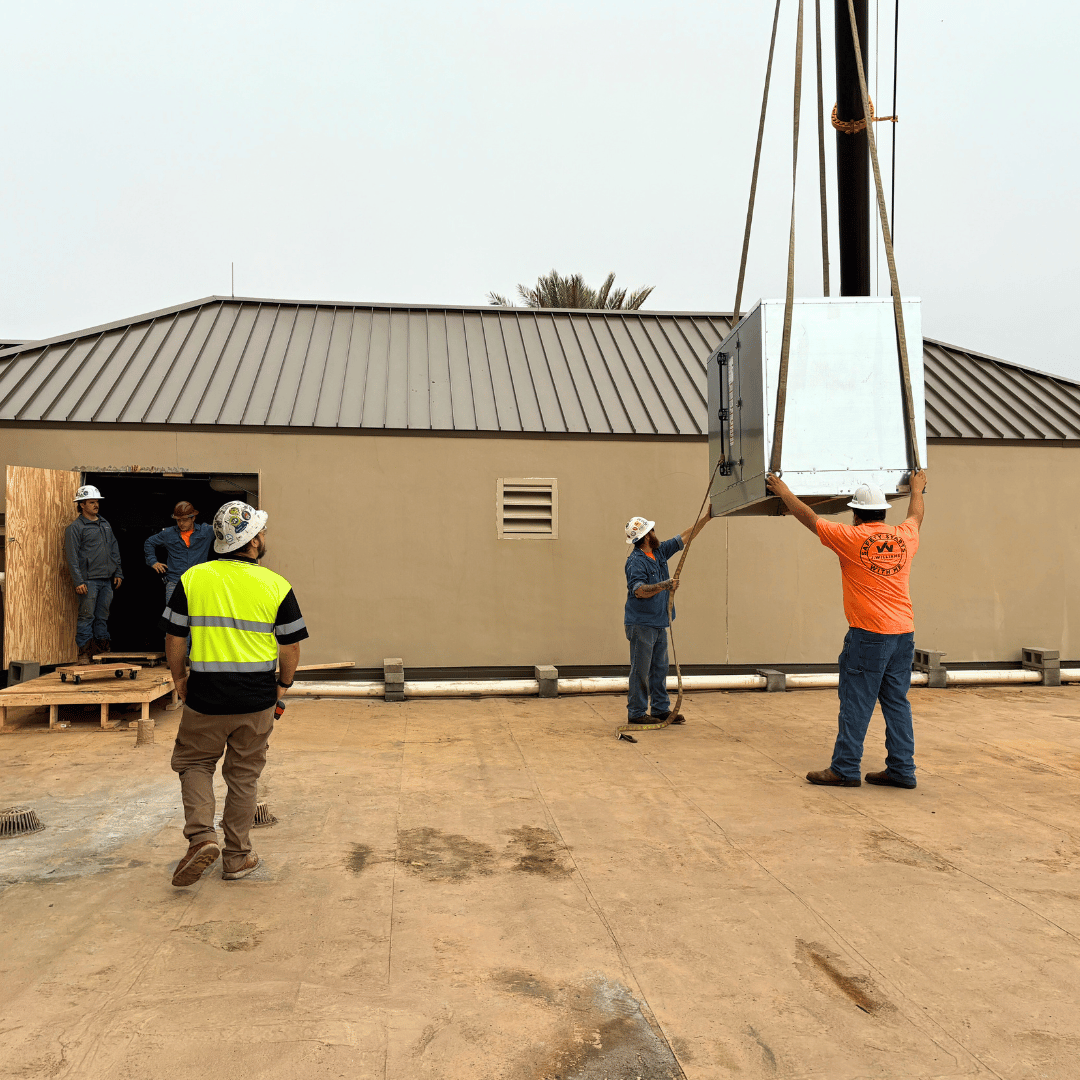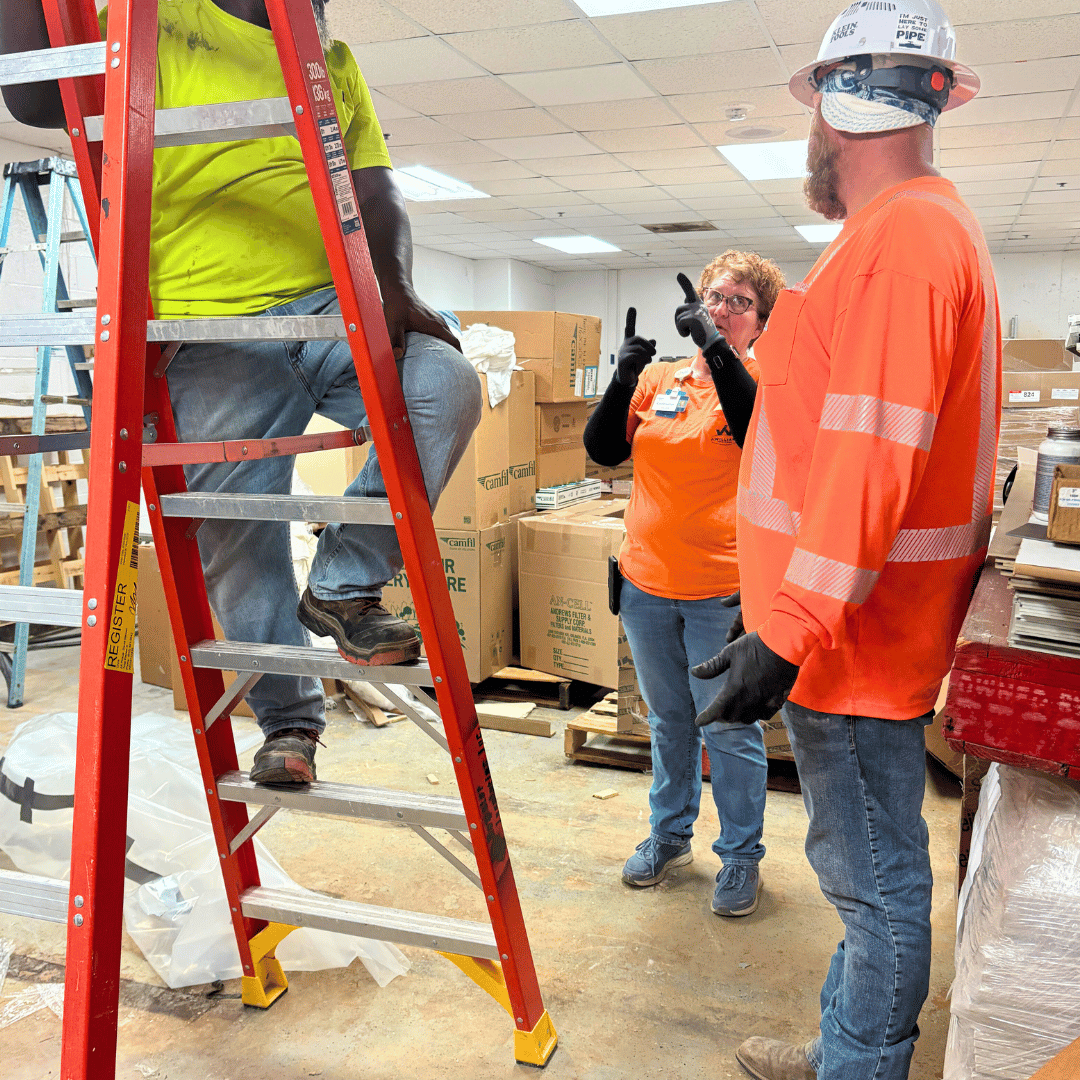Importance of Ventilation Systems:
Ventilation systems are essential for several reasons:
- ● Air Quality: Proper ventilation ensures the removal of pollutants, allergens, and odors from indoor spaces, promoting a healthier environment for occupants.
- ● Comfort: Adequate ventilation helps regulate indoor temperatures and humidity levels, ensuring comfort for workers and customers.
- ● Energy Efficiency: Efficient ventilation systems can help reduce energy costs by optimizing airflow and minimizing the need for mechanical heating and cooling.
Components of Ventilation Systems:
A typical ventilation system consists of several key components:
- ● Fans: These units are responsible for moving air throughout the space, either by exhausting stale air or introducing fresh air from the outside.
- ● Ductwork: Ventilation ducts distribute air to different areas of the building and return it to the HVAC system for recirculation.
- ● Air Filters: Filters capture dust, pollen, and other airborne particles, improving indoor air quality and protecting HVAC equipment from damage.
- ● Controls: Automated controls regulate airflow, temperature, and humidity levels based on preset parameters, ensuring optimal performance.
Installation of Ventilation Systems:
Proper installation is crucial for the effectiveness of ventilation systems. Here are some essential steps:
- ● Assessment: A professional assessment of the building's layout, occupancy, and air quality requirements is conducted to determine the optimal ventilation solution.
- ● Design: Based on the assessment, an HVAC engineer designs a ventilation system that meets the specific needs of the space, considering factors such as airflow rates, duct sizing, and equipment placement.
- ● Installation: Experienced technicians install the ventilation system according to the design specifications, ensuring proper placement of fans, ductwork, filters, and controls.
- ● Testing and Commissioning: After installation, the system undergoes rigorous testing to ensure all components are functioning correctly and meeting performance standards.
Maintenance of Ventilation Systems:
Regular maintenance is essential to keep ventilation systems operating efficiently and prolong their lifespan. Maintenance tasks may include:
- ● Filter Replacement: Filters should be inspected and replaced regularly to prevent clogging and maintain optimal airflow.
- ● Cleaning: Ductwork, fans, and other components should be cleaned periodically to remove dust, debris, and microbial growth.
- ● Inspection: Technicians should inspect the entire system for signs of wear, leaks, or malfunction and make necessary repairs promptly.
- ● Calibration: Controls and sensors should be calibrated regularly to ensure accurate monitoring and control of airflow and environmental conditions.
Conclusion:
Ventilation systems are vital for maintaining healthy indoor environments in industrial and commercial settings. By providing fresh air circulation, controlling humidity levels, and removing contaminants, these systems contribute to the comfort, well-being, and productivity of occupants. Proper design, installation, and maintenance are essential to ensure the effectiveness and efficiency of ventilation systems, making them a worthwhile investment for any industrial or commercial facility.


